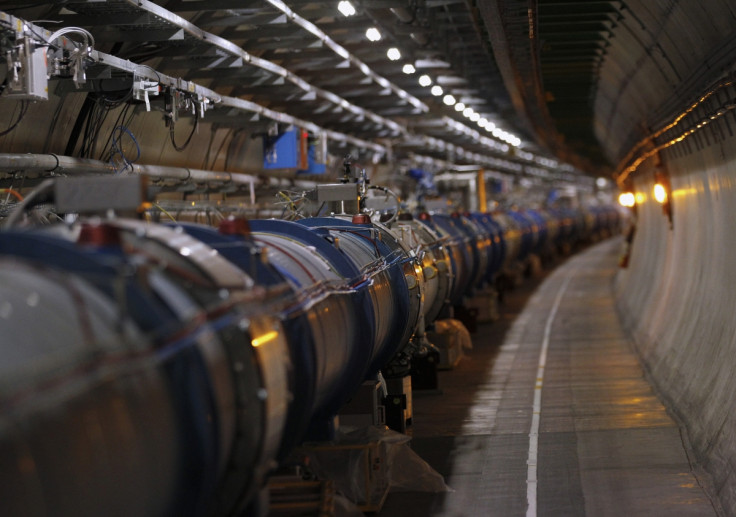Scientists Discover Process Rarer than Higgs Boson Particle

Scientists working at the Large Hadron Collider (LHC) have reported the discovery of a process which can test how the recently discovered Higgs Boson gives mass to other important particles.
Described as rarer than the Higgs particle itself, the findings are reported in a paper recent accepted by Physical Review Letters.
"Only about one in 100 trillion proton-proton collisions would produce one of these events," said Marc-André Pleier, a physicist at the U.S. Department of Energy's Brookhaven National Laboratory who analysed the findings.
"You need to observe many to see if the production rate is above or on par with predictions," Pleier added, claiming the importance of repeating the rare find. "We looked through billions of proton-proton collisions produced at the LHC for a signature of these events."
The analysis started two years ago with the aid of groups from Brookhaven, Michigan State University, Lawrence Berkeley National Laboratory and Technische Universität Dresden in Germany.
The process provides a new test of the Standard Model of particle physics, a theory which describes all known particles fundamental to life and their interactions.
"The Standard Model has so far survived all tests, but we know that it is incomplete because there are observations of dark matter, dark energy, and the antimatter/matter asymmetry in the universe that can't be explained by the Standard Model," Pleier said
Further explaining the need for continued tests, she added: "By measuring this process we can check whether the Higgs particle we discovered does its job the way we expect it to. A wealth of models in addition to the Higgs mechanism exists to try to explain how fundamental particles get their mass.
"Measurements of such scattering processes can thus be both a fundamental test of the Standard Model and a window to new physics."
© Copyright IBTimes 2025. All rights reserved.






















